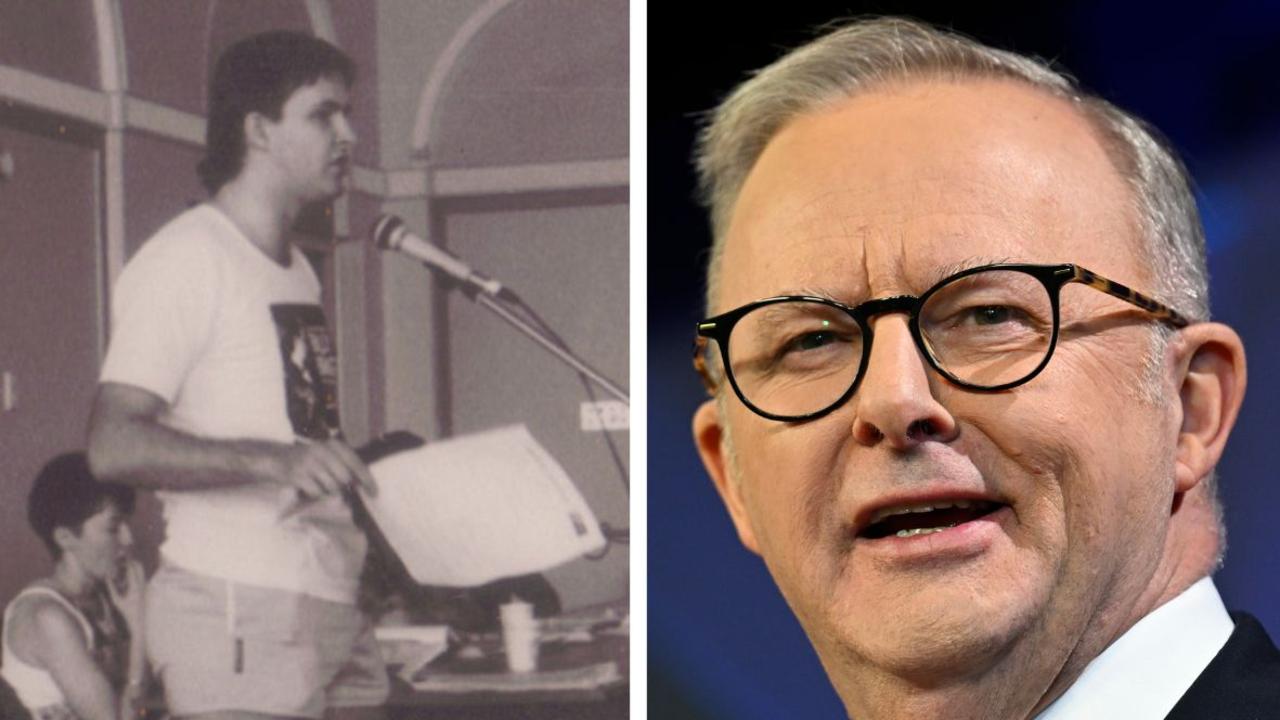‘Extremely unstable’: French government on brink of collapse as economic crisis worsens
France’s new Prime Minister was tasked with fixing the nation’s broken budget. Instead, he may have broken France.
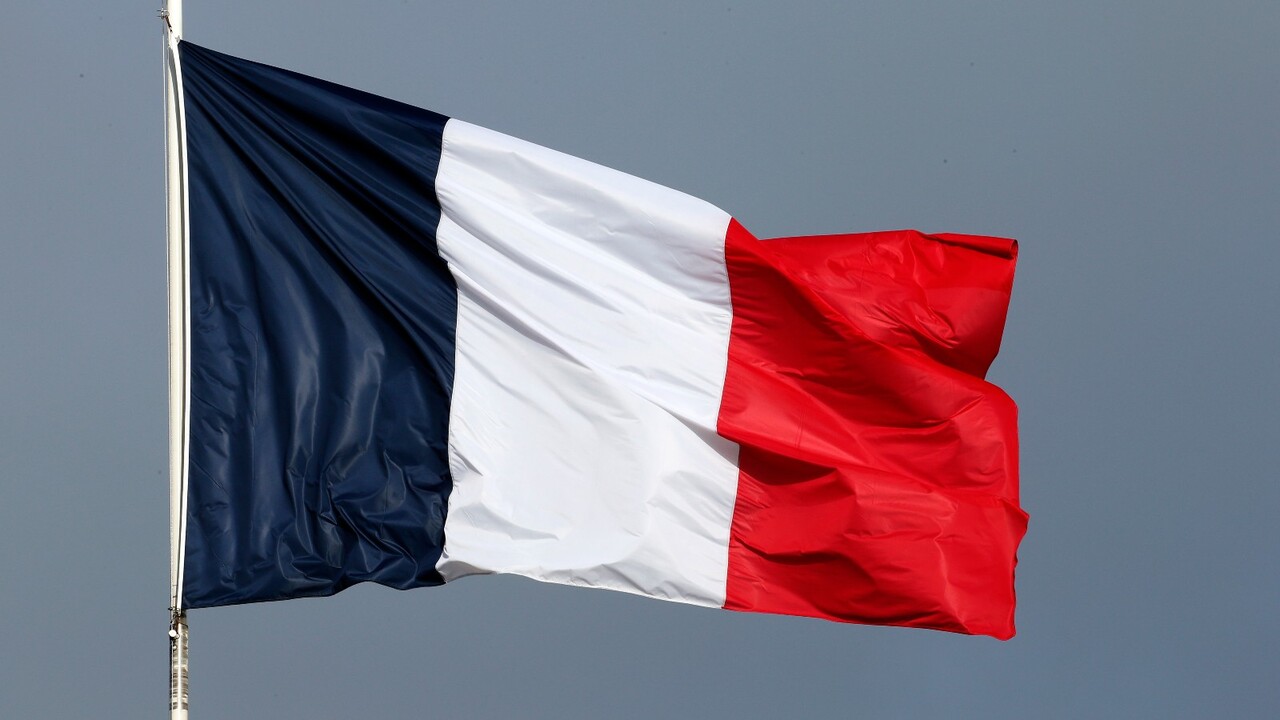
France’s new Prime Minister was tasked with fixing the nation’s broken budget.
Instead, he may have broken France.
Many felt Michel Barnier had been handed an impossible mission when he took over the helm of the French Parliament in July.
President Emmanuel Macron called a snap election after a series of surprise successes by French far-right candidate Marine Le Pen.
The result was an unexpectedly hung parliament.
And no new elections are permitted within one year under the French constitution.
Now, Barnier’s minority government, which depends upon unlikely partnerships with the far left and far right, appears destined to become the shortest in modern French history.
A controversial move to ram budget cuts through Parliament to halt a national debt explosion has triggered a no-confidence motion. And Barnier’s not expected to survive.
“I don’t think French people will forgive us for choosing party interests over the future of the country,” the Prime Minister said of his deficit-reduction plans.
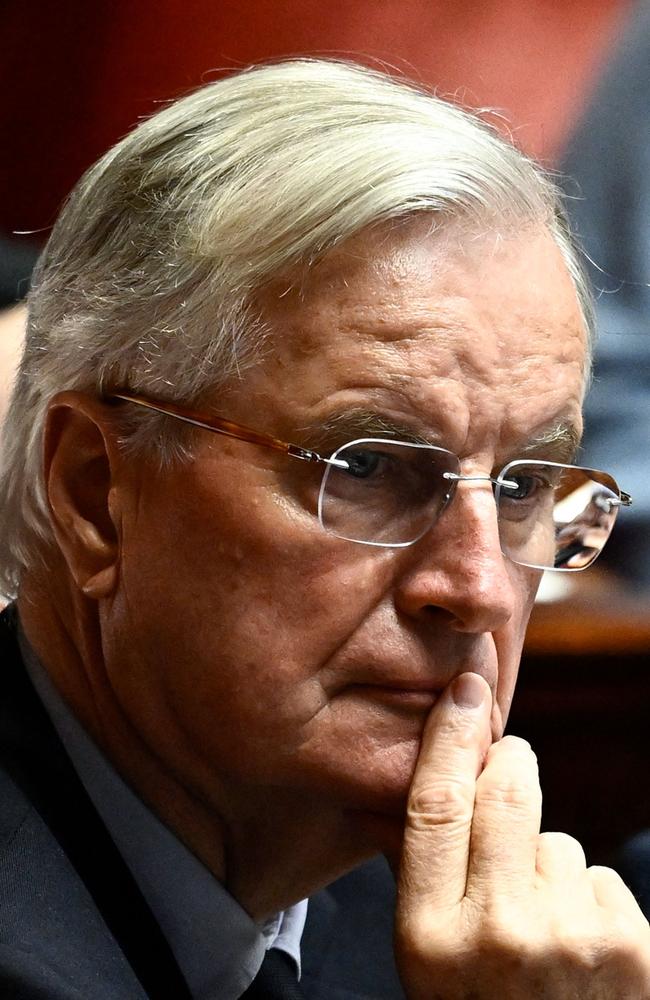
“Now, everybody will need to assume their own responsibility as I have assumed mine.”
But opposition parties to both his left and right disagree. Fervently.
“This is one blow too many from an illegitimate government,” said France Unbowed (LFI) speaker Mathilde Panot.
“We are tabling a motion of censure. Barnier’s fall is a done deal. Macron will be next.”
National Rally Party leader Le Pen voiced rare agreement from the opposite end of the political spectrum. She says Barnier had produced a “dangerous, unjust and punitive budget which, moreover, worsens the already monstrous deficits of seven years of Macronism”.
The vote to determine the nation’s future will be held later tonight, Australian time.
The collapse of the French Presidency and Prime Ministership would leave a gaping hole in the heart of the European Union. France and Germany are the two largest economies in the economic bloc. And both are in the midst of political upheaval.
Economic woes
Emergency budget measures include some $A80 billion in government spending cuts. But it also raises $A40 billion through tax hikes.
Prime Minister Barnier warned yesterday that some 18 million French families “will see their income tax increase”. But he insisted the move to cut the budget deficit from 6 per cent of Gross Domestic Product (GDP) to 3 per cent by 2029 was necessary to stabilise the nation’s economy.
“The country is at a turning point,” Finance Minister Antoine Armand said earlier today, adding that politicians must “not plunge the country into uncertainty” through a no-confidence vote.
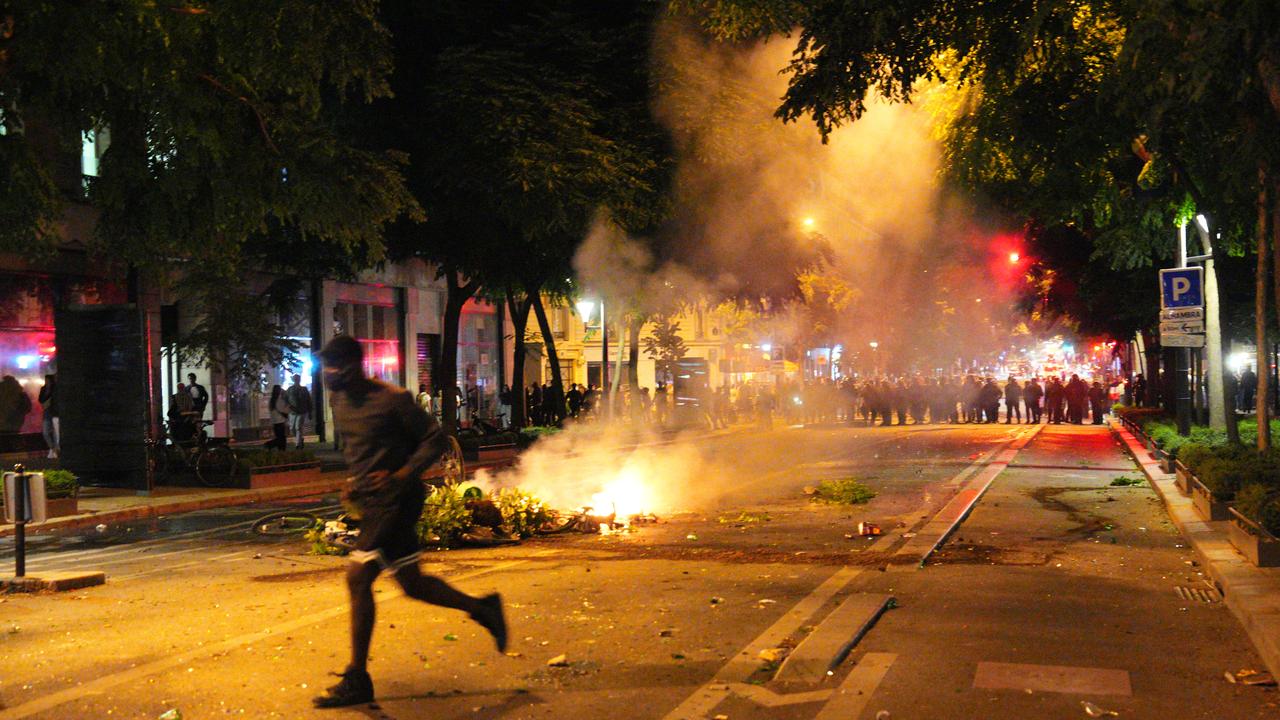
Knowing he did not have enough votes to push the budget through, Barnier and his coalition have invoked a special constitutional measure preventing the bill from being blocked – except through a censure motion.
That motion has now been initiated.
And any hope for success has been dashed, with the left and right vowing to bring down the Barnier government.
“The country’s inflation-related struggles could have serious consequences for the future contours of French politics, including by further helping the far right,” University of Houston Professor Robert Zaretsky predicted shortly after the French election.
“Pocketbook issues helped Le Pen’s party have its electoral breakthrough.”
Meanwhile, France’s economic problems continue to escalate.
“If the government falls now and no tailor-made 2025 budget gets voted through Parliament, we’ll be sliding into an economic crisis. It would be catastrophic,” Paris-based economist Anne-Sophie Alsif told DW.
“Macron’s decision to dissolve Parliament was a monumental mistake. We are now forced to govern our country through coalitions. But we’re incapable of that and thus facing an extremely unstable political situation.”
Political paralysis
Barnier insisted today that he would not give in to political “blackmail” from the far-right National Rally.
His minority government had secured far-right support to gain power. But a failure to agree on budget measures has resulted in that deal collapsing into acrimony.
The left wants the minimum wage and family benefits increased.
It also believes President Macron is the cause of the nation’s budget crisis.
The right wants to cut government spending and the gas tax.
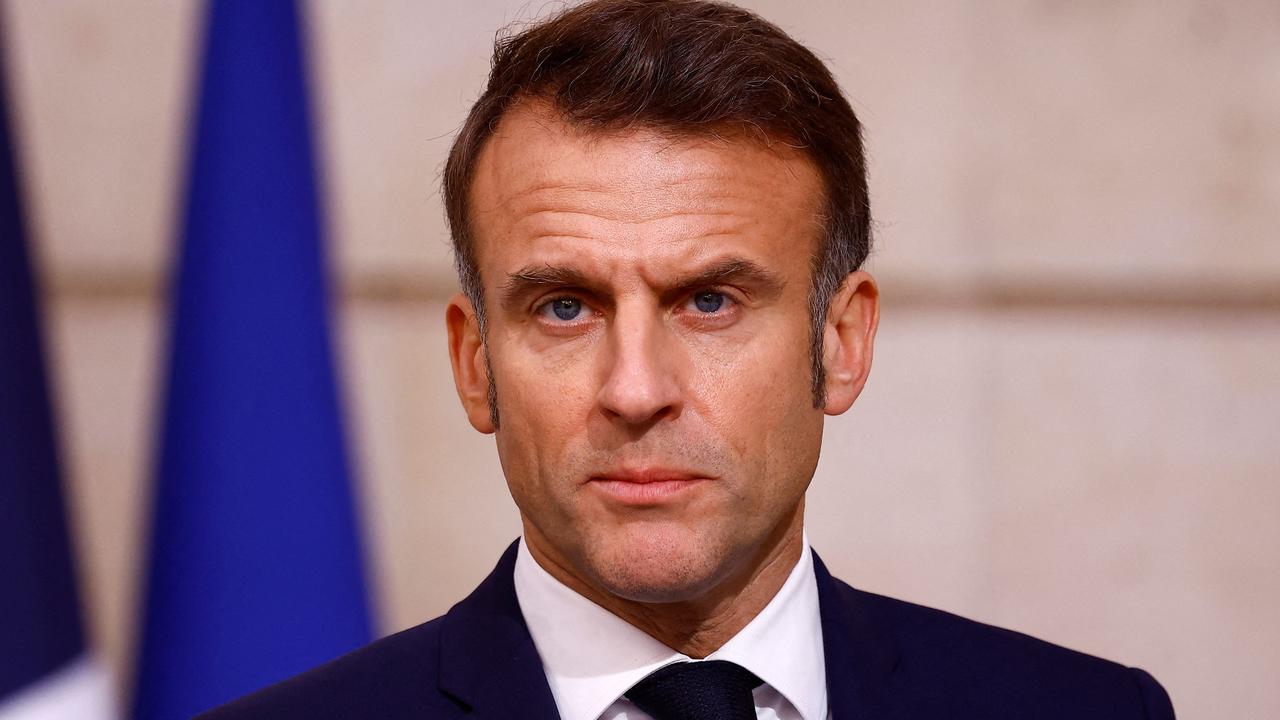
It knows it holds the future of Barnier – and therefore Macron – in its hands.
Between them, both wings proposed more than 1100 contradictory budget amendments.
Barnier told national television he remained open to budget talks with all parties, but warned that any outcome must address the budget deficit.
“We are not bargaining; we are not going to be blackmailed by the National Rally,” Barnier said, adding that Le Pen had overstepped the mark in her hard line negotiations.
Into the chaos has waded the left-wing France Unbowed.
Its goal is to bring down the presidency of Barnier’s ally, Emmanuel Macron.
“(France) needs a government capable of steering the state through a turbulent era,” wrote Zaretsky.
“Instead, it has a legislature that is united solely in its opposition to the president – and where the far right has unprecedented sway.”
Now, Macron has accused the National Rally party of “unbearable cynicism” in backing the left’s no-confidence push.
“We must not scare people with these things; we have a strong economy,” Macron insisted, adding that he “could not believe” that the no-confidence motion would pass.
“My priority is stability,” he added.
But resignation is rapidly narrowing as Macron’s only remaining option – despite his insistence the idea was “political fiction”.
France Unbowed’s Panot said that “there will not be chaos once Mr Barnier and his government have gone”.
“We are now experiencing political chaos as a result of both Mr Barnier’s government and Emmanuel Macron’s presidency,” he said.
In the meantime, analysts speculate Barnier will likely stay on as head of a “lame duck” caretaker government after being forced to resign as Prime Minister. At least for as long as it takes Macron to find an alternative both left and right factions will agree upon.
Jamie Seidel is a freelance writer | @jamieseidel.bsky.social






